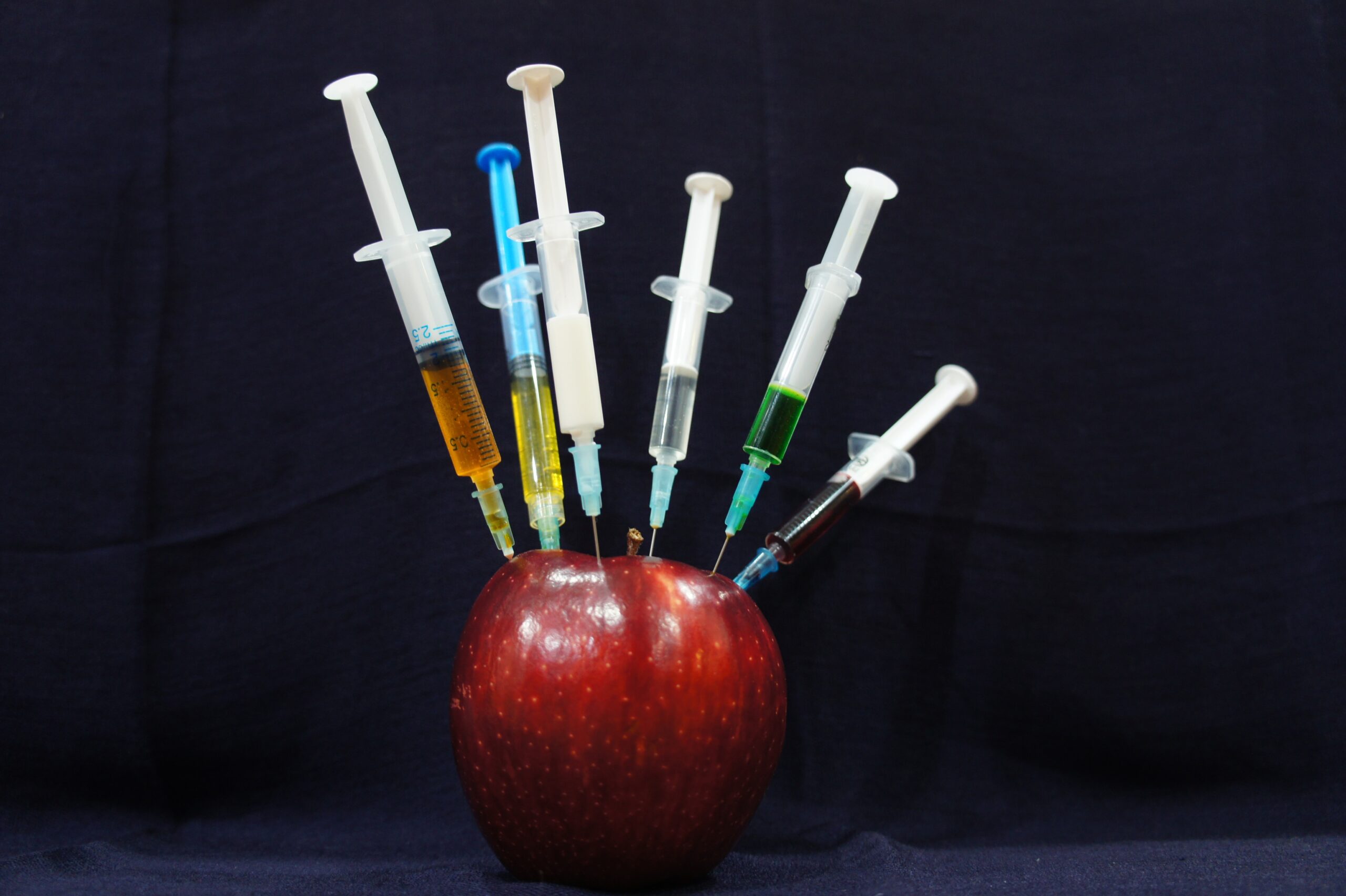
What Jobs Can You Get with a Master's in Public Health?
Experts predict healthcare employment will grow 13 percent from 2021 [...]

If you’re a considering a career in librarianship, the US Bureau of Labor Statistics (BLS) states that librarians typically need a Master in Library and Information Science (MLIS) or Master of Information Studies (MIS) to qualify for most positions in the field.
So, what’s the best way to go about selecting the right LIS master’s degree program? The American Library Association—the leading professional librarianship organization in the US—has a guide to help future librarians with choosing the most appropriate library and information science for their particular needs and career paths. Of course, before beginning this process, it’s necessary to have a general idea of what kind of librarian you want to be. Do you intend to work in your community’s public library system or in a local public school library? Or do you want to be employed as a special librarian by a specialized library—a law, medical, or academic library? As you start to research possible MLIS programs, this information will help narrow down your choices. And if you have questions about what some of these specialized librarianship programs entail, it’s a great excuse to reach out to a program’s admissions team (both for obtaining answers to your questions as well as demonstrating your possible interest in their program).
So, read on for tips on how to choose a library and information science program, as well as optimizing your library and science information master’s application.
To help with choosing a library and information science (MLIS) degree program, here’s a list of questions from the ALA for you to consider during this process:
Common specializations offered at most MLIS programs include public librarianship, youth services, information organization, information literacy, academic librarianship, digital libraries, and archival studies.
If you intend to make a career working with special collections in a specialized library, such as a law or medical library, you’ll need to check that your selected program offers that particular track. For instance, the University of Washington’s Law Librarianship program is separate from its Master of Library and Information Science program.
If your program is accredited (more on that later), the core curriculum will prepare you for a successful librarianship career. Though core courses can vary by program, core ALA competencies include subjects like information systems, social justice, organizing and retrieving information, information management, information services, laws and ethics, and research. Library science programs also integrate information technology and data-related coursework (such as metadata and data analytics) as part of the curriculum.
This is one of the biggest questions and easiest to answer. The American Library Association (ALA) accredits more than 60 US and Canadian programs that meet their rigorous standards regarding systematic planning, curriculum, faculty, students, and administration, finances, and resources.
Though you may go through the ALA Office for Human Resource Development and Recruitment, all degree programs help their graduates find work. University of Washington students can take advantage of their Career Services office, which offers resume workshops, interview training, advising hours, a job board, career fairs, and employer networking events. Most schools also post graduate job placement outcomes each year.
Increasingly, library science degrees can be earned online, which offers students flexibility (particularly those who are working full-time) and broadens the choice of programs they might attend, since location is not a consideration.
Well-regarded schools with online programs include:
This depends on the competitiveness of the program and your qualifications. Still, admissions rates can be quite favorable at even the best schools. The University of Washington—tied for second on the US News & World Report’s list of “Best Library and Information Studies Programs”—notes that its admissions rate hovers around 60 or 70 percent. The University of North Carolina at Chapel Hill School of Information and Library Science—also tied at two in US News & World Report’s rankings—states that its latest cohort of admitted students maintained an average GPA of 3.5 during their undergraduate years.
As well, programs can be forgiving and allow students to make up for past undergraduate degree shortcomings. At test-optional Syracuse University, students can rely on good standardized test scores to make up for any deficient aspects of their application, including less-than-stellar grades associated with your bachelor’s degree.
Several factors impact the cost of a degree. A significant one is whether the institution is public or private. As a group, public schools charge significantly less in tuition than private institutions. According to figures from the National Center for Education Statistics, public institutions charged an average of $12,410 in graduate tuition in the fall semester of 2020, while private nonprofit institutions charged an average of $28,430.
It’s possible to mitigate the price of your degree. The first is by working while you earn your degree and taking out fewer loans. Also, paying what you can in tuition now rather than later saves you lots of money. Interest fees on student loans can add substantially to a degree’s cost.
Again, this depends on the school. Graduate students can qualify for federal tuition assistance, just like undergraduate students. Students also may qualify for school funding. University of Washington offers several scholarship opportunities to top students, including those from specific regions and ethnic groups.
Opportunities also exist outside school, including the ALA Scholarship Program. Also, the ALA notes that some students can qualify for school work-study positions or library jobs during a program. In certain instances, students may even be eligible to receive tuition reimbursement from their current employer.
Compare the admissions requirements for your chosen school to each component of your application. Can you compensate for a poor undergraduate GPA with work experience or high test scores?
Other ways applicants can impress the admissions committee are with their personal statement and letters of recommendation. According to the Washington Post, admissions committees respond to applicants that present compelling personal statements that stand out from the crowd. Similarly, students typically do well in the admissions process when they submit stellar letters of recommendation that speak to a candidate’s multiple strengths.
Lastly, programs are looking for candidates who express interest in their program and are enthusiastic about the possibility of enrolling in it. So, it’s wise to reach out to the admissions team with any questions and to convey during the application process what you hope to learn and achieve in their program.
Questions or feedback? Email editor@noodle.com

Experts predict healthcare employment will grow 13 percent from 2021 [...]

The average data architect earns over $120,000 annually, with top [...]

Competent program managers must possess communication, management, leadership, critical thinking, [...]

Product management is a skill-based field where work experience can [...]

Many program managers,especially those in senior positions,hold a master's degree, [...]
Categorized as: Library Science, Education & Teaching